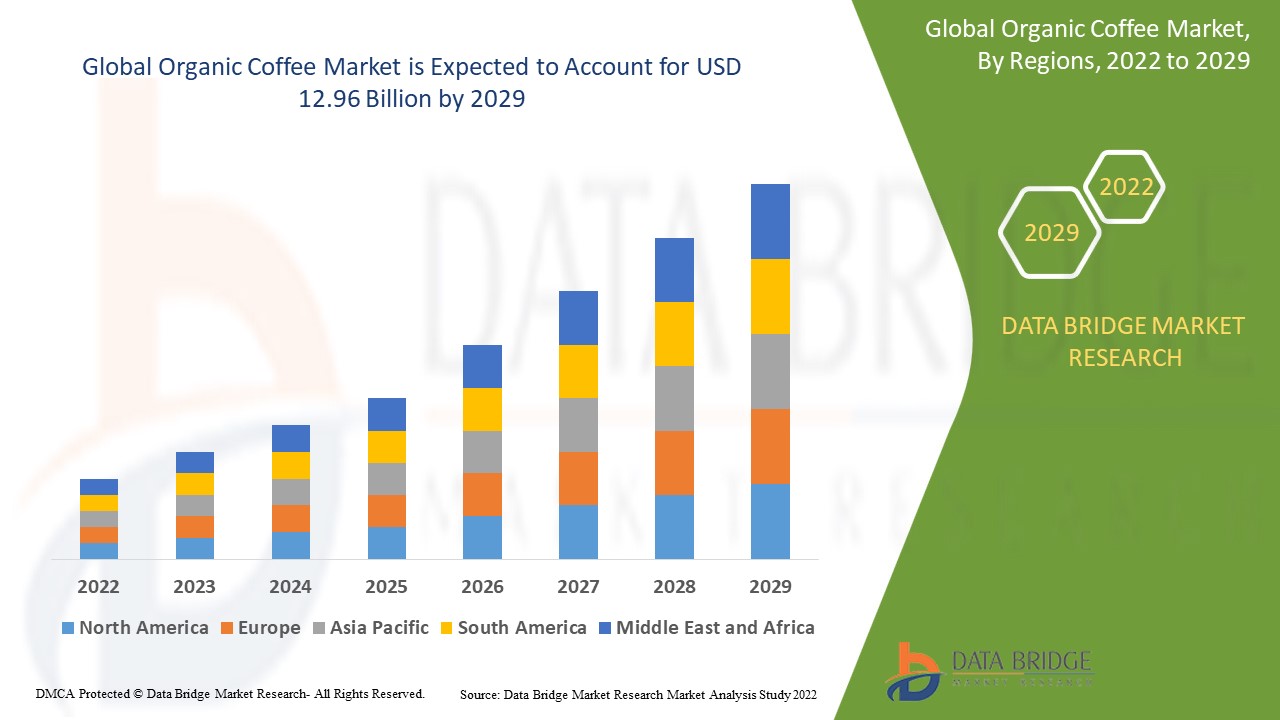Introduction:
In the bustling world of coffee culture, there exists a brew that goes beyond mere caffeination—it’s a commitment to quality, sustainability, and taste. Organic coffee, often heralded as the epitome of eco-consciousness in the coffee industry, has captured the hearts and palates of discerning consumers worldwide. In this exploration, we delve into the evolution, market trends, and undeniable benefits of embracing organic coffee.
The Evolution:
Organic coffee’s journey traces back to a time when traditional farming methods prevailed, untainted by synthetic pesticides and fertilizers. It emerged as a response to the harmful environmental impacts and health concerns associated with conventional coffee cultivation. Farmers, recognizing the importance of preserving ecosystems and safeguarding their own well-being, embraced organic practices.
As consumer awareness of environmental issues and the desire for healthier lifestyles surged, so did the demand for organic coffee. This shift in consciousness propelled organic coffee from a niche market to a mainstream phenomenon. Today, organic coffee stands as a beacon of sustainability, representing a harmonious relationship between agriculture and nature.
Market Trends:
The organic coffee market has experienced remarkable growth in recent years, reflecting a global shift towards sustainable consumption. Consumers are increasingly prioritizing ethical considerations in their purchasing decisions, driving demand for products that align with their values. As a result, organic coffee sales have soared, with specialty coffee shops and mainstream retailers alike incorporating organic options into their offerings.
Furthermore, the rise of e-commerce has facilitated access to organic coffee for consumers worldwide. Online platforms connect coffee enthusiasts with a diverse array of organic blends, allowing for greater choice and convenience. This accessibility has democratized the organic coffee market, making it accessible to a broader audience.
Benefits:
Beyond its ecological and ethical merits, organic coffee boasts a myriad of benefits that extend from bean to cup. Firstly, organic farming practices promote biodiversity, preserving ecosystems and supporting wildlife habitats. By eschewing synthetic chemicals, organic farmers cultivate healthier soil, resulting in higher-quality beans bursting with flavor.
Moreover, it is free from harmful residues, offering a cleaner, more natural cup of joe. For consumers, this translates to a superior tasting experience devoid of the chemical aftertaste often associated with conventionally grown coffee. Additionally, organic farming supports the livelihoods of coffee farmers, fostering resilient communities and promoting economic equity.
From a health perspective, organic coffee offers peace of mind, devoid of synthetic pesticides and fertilizers that can pose risks to human health. By choosing organic, consumers prioritize their well-being while savoring the rich, nuanced flavors inherent to premium coffee beans.
Advantages of Organic Coffee:
- Environmental Sustainability: Organic coffee cultivation relies on natural farming practices that prioritize soil health, biodiversity, and ecosystem preservation. By avoiding synthetic pesticides and fertilizers, organic coffee farms contribute to soil conservation, water quality improvement, and reduced pollution, thereby promoting long-term environmental sustainability.
- Health Benefits: Organic coffee is free from harmful residues of synthetic chemicals often found in conventionally grown coffee. As a result, consumers enjoy a cleaner, more natural cup of coffee, reducing exposure to potential toxins and allergens. Additionally, organic farming practices prioritize the well-being of farmers and communities by minimizing their exposure to hazardous chemicals.
- Superior Flavor Profile: Organic coffee beans are typically grown at higher elevations in nutrient-rich soil, resulting in a richer and more complex flavor profile. The absence of synthetic pesticides and fertilizers allows the natural characteristics of the coffee beans to shine through, producing a smoother, more nuanced cup of coffee appreciated by discerning coffee connoisseurs.
- Support for Farmers and Communities: By choosing organic coffee, consumers support farmers who adhere to environmentally friendly and socially responsible farming practices. Organic certification often involves fair labor standards and equitable trading relationships, ensuring that farmers receive fair wages and are able to invest in their communities’ development.
- Reduced Carbon Footprint: Organic farming methods prioritize carbon sequestration and reduced greenhouse gas emissions, contributing to mitigating climate change. Practices such as composting, agroforestry, and shade-grown coffee cultivation promote carbon capture and storage, making organic coffee production more environmentally friendly compared to conventional methods.
For More Information:
https://www.databridgemarketresearch.com/reports/global-organic-coffee-market
Disadvantages of Organic Coffee:
- Higher Production Costs: Organic coffee cultivation typically requires more labor-intensive farming practices, including manual weed control and organic pest management, which can increase production costs for farmers. As a result, organic coffee products may be priced higher than their conventionally grown counterparts, limiting accessibility for some consumers.
- Lower Yields: Organic farming practices often result in lower crop yields compared to conventional methods. Without the use of synthetic fertilizers and pesticides to boost plant growth and protect against pests and diseases, organic coffee farmers may experience reduced productivity, leading to potential income instability and financial challenges.
- Certification Requirements: Obtaining organic certification can be a lengthy and costly process for coffee farmers, particularly for small-scale producers in developing countries. Meeting the stringent requirements set by organic certification bodies may pose logistical and bureaucratic hurdles, hindering access to organic markets and limiting farmers’ ability to benefit from premium prices.
- Vulnerability to Pest and Disease Pressure: Organic coffee farms may be more susceptible to pest and disease outbreaks due to the absence of synthetic chemical treatments. Without chemical interventions, organic farmers must rely on alternative pest management strategies such as crop rotation, intercropping, and biological controls, which may be less effective in controlling pest populations and protecting crop yields.
- Limited Availability and Variety: While the demand is growing, organic cultivation represents a relatively small percentage of global coffee production. As a result, consumers may encounter challenges in finding a diverse range of organic coffee options, especially in regions where organic farming practices are less prevalent. Limited availability and variety could potentially limit consumer choice and preferences.
Conclusion:
In an era defined by sustainability and conscious consumption, organic coffee stands as a testament to the power of mindful choices. Its evolution from a niche product to a global phenomenon reflects a collective commitment to preserving our planet and nurturing our bodies. As we savor each sip of organic coffee, we not only indulge in its exquisite flavor but also contribute to a more sustainable future for generations to come.




